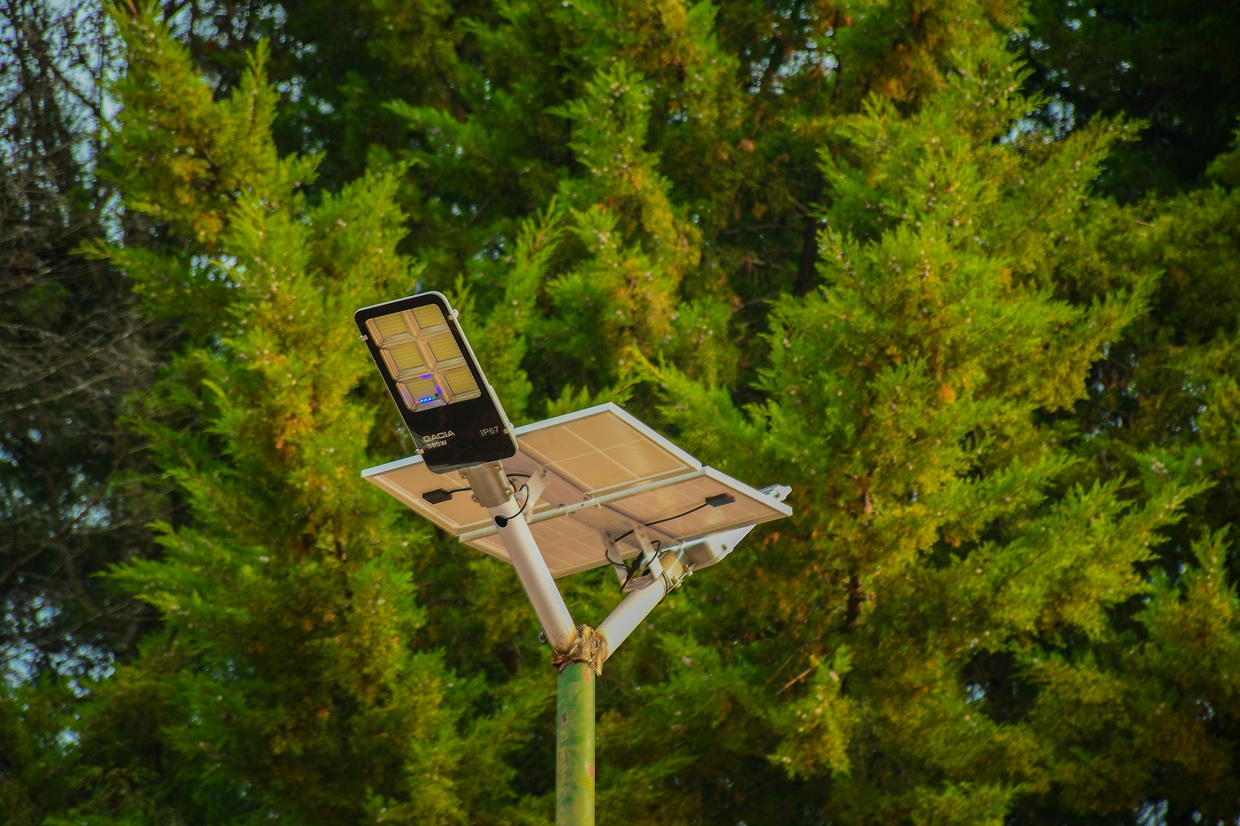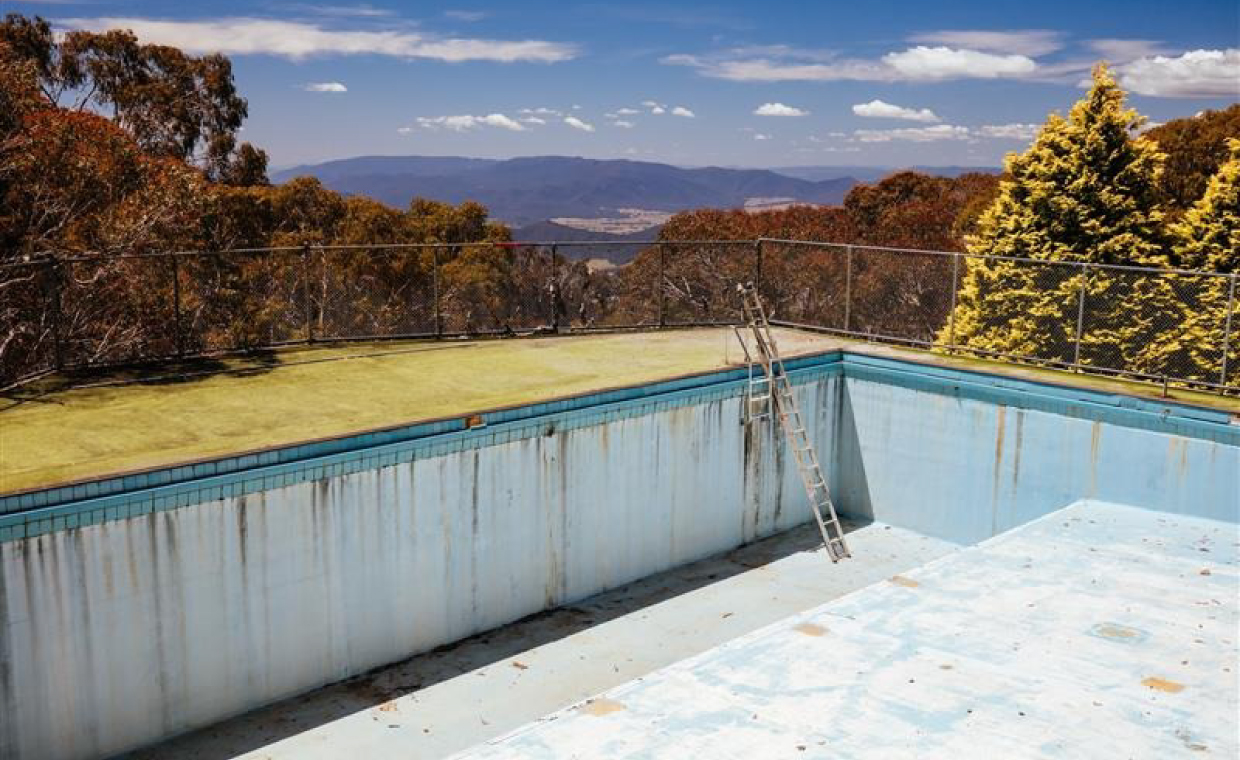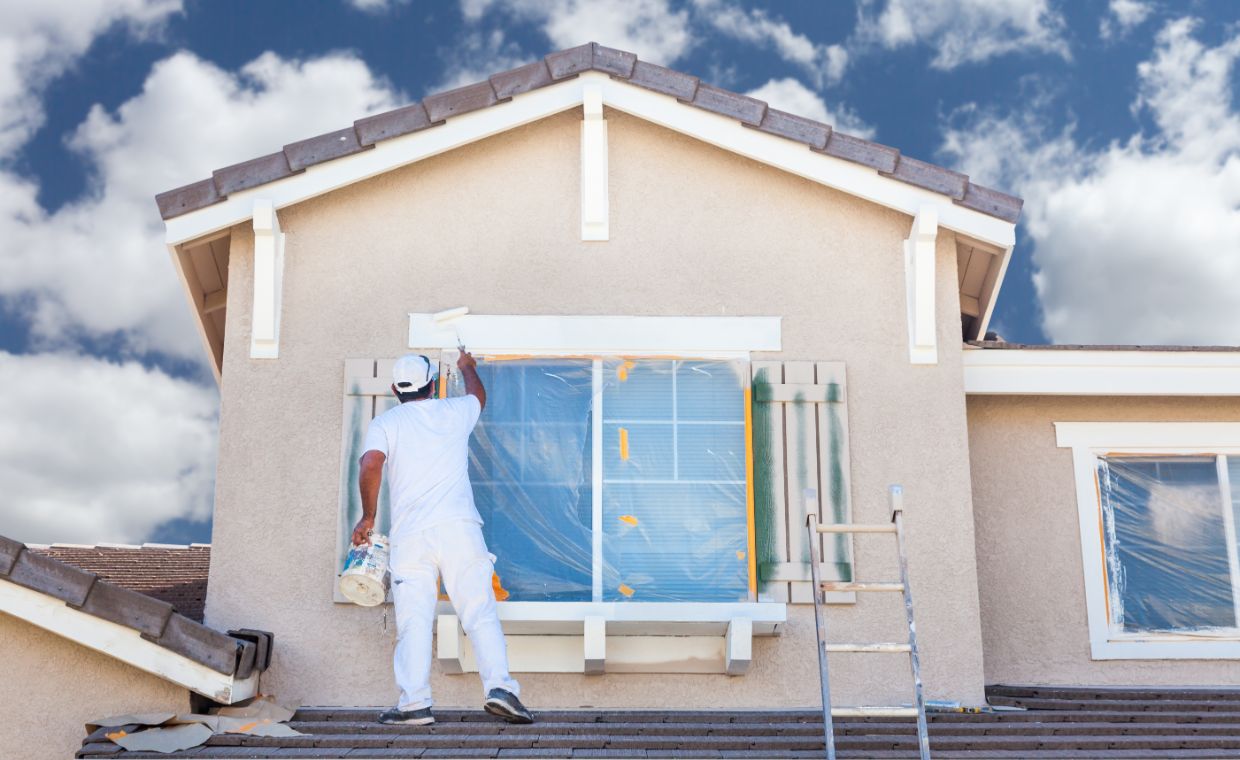
There are many costs that go into buying a house, from saving for your property to finding insurance for your first home. You must be financially ready for it, which goes beyond just having the money needed to afford the investment.
Guide to Finance your First Home
In this guide, we’ll walk through some important concepts about how to finance your first home.
01. Down Payment

A down payment is the amount of money you pay initially towards a home’s overall cost. The minimum down payment you’ll have to pay will depend on the price of the property you’re buying, but it’s usually between 5% and 20% of that amount.
The larger your down payment, the easier it will be to get a mortgage. Plus, if you pay a certain minimum, you may be able to save on extra expenses.
02. Closing Costs

Closing costs are legal and administrative fees paid at the closing of a real estate transaction. This generally amounts to 1.5% to 4% of the home purchase price. These may include the following expenses:
- Land transfer tax: A percentage of the cost of your home paid to the government
- Legal fees: Payment to a lawyer for preparing your documents
- Title insurance: A protection for lenders (usually costing about $300) in case of an ownership dispute, or purchase through a lawyer
- Mortgage default insurance (or CMHC insurance): A mandatory insurance policy for home buyers who buy a house with less than a 20% down payment
- Goods and services tax (GST) or harmonized sales tax (HST): A default tax tacked onto the purchase price of a new home
- Home inspection: An optional expense that is recommended to determine if a property has any problems before purchase
03. Mortgage

A mortgage is a type of loan that’s used to help you to buy property. It’s an agreement between you and a lender that gives them the right to take your home if you fail to pay them back. It’s advisable to get ‘pre-approved’ so that you know the maximum amount you can qualify for, estimate your monthly payments, and lock in an interest rate.
04. Buyer Incentives

Canada extends several first-time home-buyer incentives you can explore to help save some money. Examples include:
- RRSP Home Buyer’s Plan: Allows buyers to withdraw $35,000 from their RRSP to finance a down payment
- First-Time Home Buyers’ Tax Credit (HBTC): Offers up to $1,500 in tax credits for eligible buyers
- GST/HST New Housing Rebate: Reimburses homeowners for part of the GST/HST they paid during purchase
- Land Transfer Tax Rebate: Applies to first-time home buyers in British Columbia, Ontario, or Prince Edward Island
Conclusion
Being financially ready to buy a new home starts with understanding various expenses and savings involved in making the investment. Be sure to get to know these concepts before taking this big step!
You may also like to read the following article:
Am I Ready to Own a House? A Complete Guide for Intending Homebuyers






























